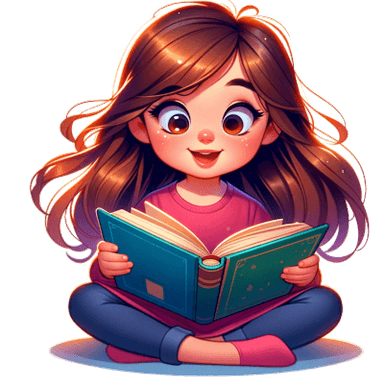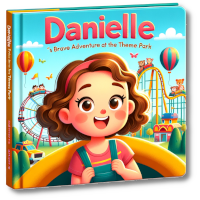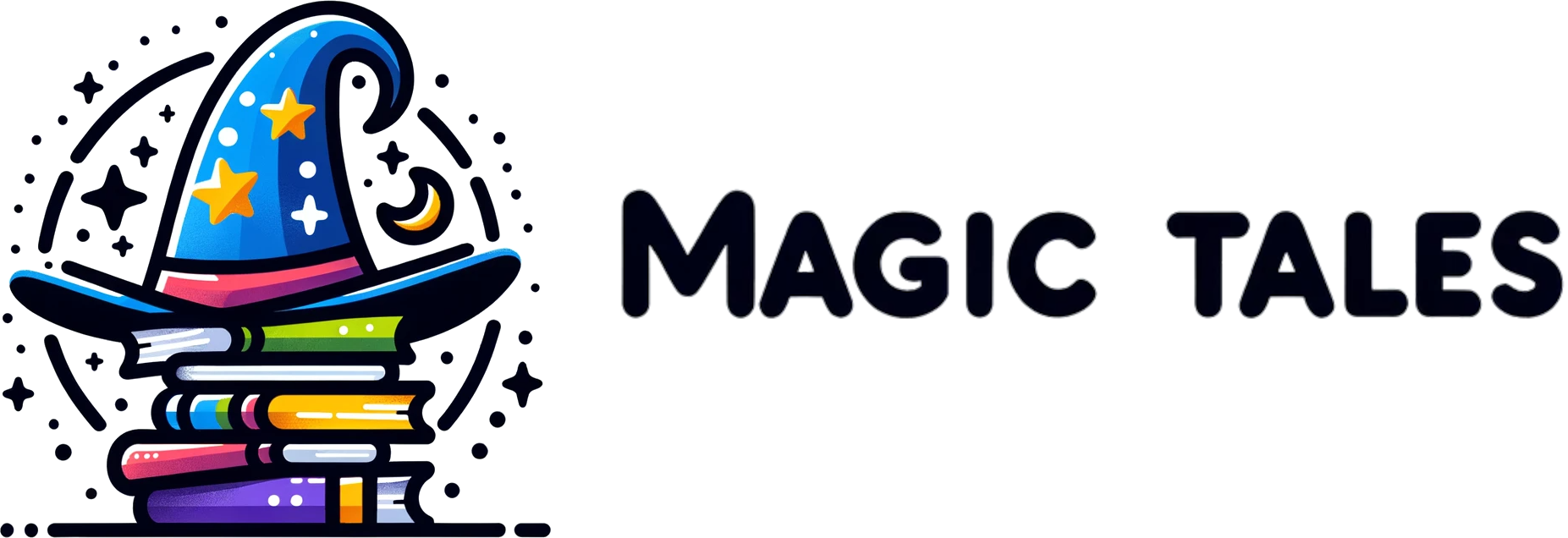Reading with children
a blog by Magic Tales

Turning Pages & Turning Lessons: How Books Help Parents Teach Children the Importance of Consequences
Teaching kids about cause and effect, right and wrong, and understanding consequences can sometimes feel like a momentous task. However, as a parent or guardian, you're always on the lookout for creative methods to communicate these essential life lessons in an impactful yet gentle way. Today, we're exploring a wonderful teaching tool you may have on your shelves right now- children's books.
We all know that children's books come packed with colorful illustrations and easy-to-read narratives, but did you ever stop to think about the profound lessons they're capable of teaching? Many children's books tell stories of characters making choices, facing consequences, learning from their mistakes, and growing as individuals. These stories, therefore, represent an incredible opportunity for parents and guardians to discuss cause and effect with children.
Here are a few ways that books can help explain consequences to children:
1). Illustrating actions and consequences: A large number of children's books offer narratives where characters make decisions, and those choices result in consequences. Helen Lester's 'Tacky the Penguin' and Julia Cook's 'Soda Pop Head' are excellent examples of this. By reading such books, children will learn how their actions can affect others around them positively or negatively.
2). Encouraging empathy: When a child can empathize with a book character, they're likely to understand and internalize the character's experiences. Consequently, they comprehend the concept of cause and effect in a real-world context.
3). Promoting critical thinking: Interactions with books don't have to stop when the final page is turned. Let your child think critlcally about what they've read. Ask questions like, 'How would you have acted in the same situation?' or 'What would be the consequences if you did the same thing?' This way, children can directly apply the story's lessons to their lives.
4). Opening conversations: Books about characters dealing with consequences provide an excellent talking point. You can use these stories to stimulate discussions about impulse control, responsibility, and understanding the effects of one's actions.
5). Serving as positive role models: Characters who make right choices or learn from their mistakes can serve as good role models, showing children the value in owning up to and learning from their actions.
Books are your allies in parenting. They impart wisdom, encourage empathy, foster creativity, and, most importantly, help children understand what consequences are. So next time you sit down for a reading session with your little ones, pick books that not only entertain but teach valuable lessons on understanding consequences. Happy reading to you and your budding reader!
Want a personalized book to read with your child about Understanding Consequences ?
Takes as quickly as 30 seconds to create
Create a book about Understanding Consequences

